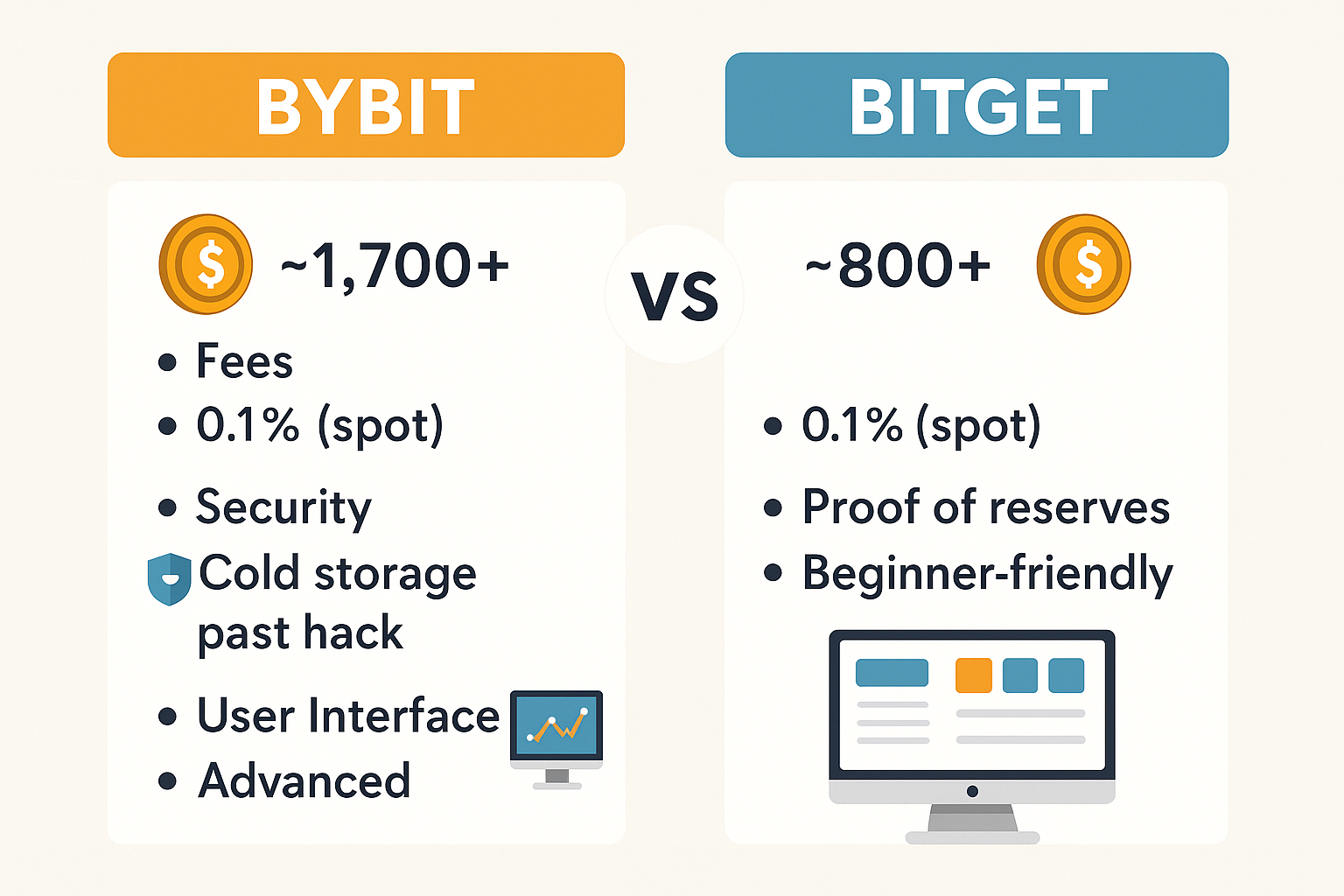The Path to Becoming a Linux Foundation Certified System Administrator (LFCS)
The IT landscape is vast and diverse; within it, a System Administrator (Sysadmin) stands as a pillar of infrastructure management. With the increasing reliance on Linux servers in enterprises, the demand for skilled Linux System Administrators is rising. One of the most recognized credentials in this field is the Linux Foundation Certified System Administrator (LFCS). This article delves into the intricacies of the LFCS certification, including its relevance, preparation strategies, and how it compares to other certifications like the Red Hat Certified System Administrator (RHCSA).
Understanding WP CPT Behind Digital Product Development
What is the Linux Foundation Certified System Administrator (LFCS)?
The Linux Foundation Certified System Administrator (LFCS) certification is a performance-based certification designed to assess a candidate’s skills in managing a Linux system. It covers essential skills for managing Linux systems professionally, including user management, file permissions, networking, and service configuration.
Unlike multiple-choice exams, the LFCS is a hands-on, practical exam where candidates must perform tasks on a live system within a set timeframe. This approach ensures that those who pass can truly handle real-world scenarios. The LFCS is highly regarded in the industry, making it a valuable certification for aspiring Linux System Administrators.
Is the LFCS Exam Hard?
When considering whether the LFCS exam is challenging, it is crucial to understand that difficulty is subjective. However, unlike other Linux certifications, the LFCS is moderately complex. The exam’s difficulty primarily stems from its hands-on nature. Unlike multiple-choice exams, the LFCS requires candidates to demonstrate their knowledge by performing tasks on a Linux system.
Candidates with practical Linux experience and familiarity with its command-line interface typically find the exam more manageable. However, those new to Linux or who need more hands-on experience may find the exam more difficult.
Success in the LFCS exam relies heavily on the candidate’s ability to think critically and solve problems quickly. It is not enough to know the commands; candidates must also understand when and how to use them in various scenarios.
Which is Better: RHCSA or LFCS?
When choosing between the Red Hat Certified System Administrator (RHCSA) and the LFCS certifications, the decision often boils down to personal and professional goals. Both certifications are highly respected but serve different purposes and are recognized by other communities.
RHCSA is a certification provided by Red Hat that focuses on Red Hat Enterprise Linux (RHEL) environments. It is particularly valued by organizations that rely heavily on Red Hat products. RHCSA is also a prerequisite for more advanced Red Hat certifications, such as the Red Hat Certified Engineer (RHCE).
On the other hand, the LFCS is vendor-neutral and covers a broader range of Linux distributions, including CentOS, Ubuntu, and Debian. This makes it an excellent choice for professionals who must demonstrate their skills across Linux environments.
In terms of difficulty, both exams are performance-based and require hands-on expertise. The RHCSA is more specialized, focusing on Red Hat systems, while the LFCS offers a more generalized approach to Linux administration. Therefore, if you aim to work in a Red Hat-centric environment, the RHCSA might be the better option. Conversely, if you prefer versatility across multiple Linux distributions, the LFCS could be more beneficial.
How to Crack the LFCS Exam?
Cracking the LFCS exam requires a well-structured preparation strategy. Here are some steps to help you succeed:
- Understand the Exam Objectives: Review the official LFCS exam objectives provided by the Linux Foundation. This will give you a clear understanding of what topics you need to focus on.
- Hands-on Practice: The LFCS is a hands-on exam, so practical experience is crucial. Set up a virtual lab environment where you can practice various tasks, such as user management, file permissions, and network configuration. Tools like VirtualBox or VMware can create multiple virtual machines for practice.
- Study Resources: Use study guides, online courses, and books explicitly tailored to the LFCS exam. Websites like Linux Academy, Coursera, and Udemy offer comprehensive LFCS courses that cover all exam objectives.
- Take Practice Tests: Practice tests are an excellent way to assess your readiness for the exam. They help you identify your strengths and weaknesses, allowing you to focus on areas that need improvement.
- Time Management: Time management is critical during the exam. Practice completing tasks within a set timeframe to simulate the exam environment. This will help you build the speed and accuracy needed to perform well on the exam day.
- Join a Study Group: Joining a study group or an online community can provide valuable insights and tips from others who have taken or are preparing for the LFCS exam. Platforms like Reddit and Linux forums have active communities where you can ask questions and share resources.
How to Become a Certified Linux Administrator?
Becoming a certified Linux Administrator involves a series of steps:
- Gain Linux Experience: Before pursuing certification, gaining practical experience with Linux is essential. Start by installing a Linux distribution on your computer and exploring its features. Learn the basics of the command line, file system, and user management.
- Choose the Right Certification: Decide which Linux certification aligns with your career goals. The LFCS is a great starting point for beginners, while more advanced certifications like the RHCSA or Linux Foundation Certified Engineer (LFCE) are suitable for experienced professionals.
- Study and Prepare: Once you’ve chosen a certification, study the relevant materials. Use study guides, online courses, and practice exams to build your knowledge and skills.
- Take the Exam: Schedule and take the certification exam. Be sure to review the exam objectives and practice the tasks you might encounter during the exam.
- Apply for Jobs: Start applying for Linux System Administrator positions with your certification. Highlight your certification and practical experience in your resume and cover letter.
- Continuous Learning: The IT field constantly evolves, so it is essential to stay updated with the latest Linux and system administration developments. Consider pursuing advanced certifications or learning new technologies to enhance your skills.
LFCS Exam Questions and Practice Tests
The LFCS exam covers a wide range of topics, and the questions are designed to test your ability to perform tasks in a real-world Linux environment. Typical areas of focus include:
- User and Group Management: Creating, deleting, and modifying user accounts and groups.
- File Permissions: Setting and modifying file permissions, ownership, and access controls.
- Networking: Configuring network interfaces, managing firewalls, and troubleshooting network issues.
- Service Management: Installing, configuring, and managing system services.
- Storage Management: Managing disk partitions, file systems, and LVM (Logical Volume Manager).
- System Monitoring: Monitoring system performance and troubleshooting issues.
To prepare for these questions, taking LFCS practice tests is crucial. These tests simulate the exam environment and provide you with a clear understanding of what to expect. Many online platforms offer LFCS practice tests, often with detailed explanations for each question.
LFCS Study Guide and PDF Resources
A well-organized study guide is essential for LFCS exam preparation. The study guide should cover all exam objectives and provide practical examples to help you understand the concepts. Several online resources offer comprehensive LFCS study guides in PDF format, which you can download and refer to during your preparation.
Look for study guides that include:
- Detailed Explanations: In-depth explanations of key concepts and commands.
- Practical Examples: Step-by-step instructions for performing tasks in a Linux environment.
- Practice Questions: Sample questions that mimic the format of the LFCS exam.
- Exam Tips: Advice on approaching the exam and managing your time effectively.
Cost of LFCS Certification
The cost of the Linux Foundation Certified System Administrator (LFCS) exam varies depending on your location and the specific package you choose. As of the time of writing, the standard cost for the LFCS exam is approximately USD 300. This fee includes one attempt at the exam and access to the Linux Foundation’s exam platform.
In addition to the exam fee, you may also need to invest in study materials, online courses, and practice tests, which can add to the overall certification cost. However, many candidates find the investment worth it, given the value the LFCS certification adds to their resume and career prospects.
Is the LFCS Certification Worth It?
The value of the LFCS certification depends on your career goals and the industry in which you work. For many IT professionals, the LFCS certification is worth the investment for several reasons:
- Industry Recognition: The LFCS is a widely recognized certification demonstrating proficiency in Linux system administration. It can help you stand out to employers and increase your chances of landing a job or promotion.
- Vendor-Neutral: Unlike vendor-specific certifications, the LFCS is vendor-neutral and covers multiple Linux distributions. This makes it versatile and applicable to various Linux environments.
- Career Advancement: Holding an LFCS certification can open doors to higher-paying job opportunities and advanced roles within IT. It also serves as a stepping stone to more advanced certifications, such as the Linux Foundation Certified Engineer (LFCE).
- Practical Skills: The hands-on nature of the LFCS exam ensures that you gain valuable skills directly applicable to real-world scenarios. This makes you more effective in your role as a system administrator.
- Continuous Learning: Preparing for the LFCS exam encourages constant learning and skill development, keeping you up-to-date with the latest technologies and best practices in Linux system administration.
Final Thoughts and FAQs
Final Thoughts: The LFCS certification is a valuable credential for anyone looking to build or advance a career in Linux system administration. Its hands-on, performance-based approach ensures certified professionals possess the practical skills to manage Linux systems effectively. Whether you are a beginner or an experienced IT professional, the LFCS certification can help you achieve your career goals and stay competitive in the ever-evolving tech industry.
Questions and Answers:
Q1: How long does it take to prepare for the LFCS exam?
- A: The preparation time varies depending on your prior experience with Linux. For beginners, it may take several months of dedicated study, while those with experience might be ready within a few weeks.
Q2: Can I take the LFCS exam online?
- A: Yes, the LFCS exam can be taken online from the comfort of your home. The exam is proctored, so you’ll need a reliable internet connection and a webcam.
Q3: Are there any prerequisites for the LFCS exam?
- A: There are no formal prerequisites for the LFCS exam, but having some hands-on experience with Linux is highly recommended.
Q4: What if I fail the LFCS exam?
- A: If you fail the LFCS exam, you can retake it after a waiting period. The Linux Foundation offers a retake at a discounted rate.
Q5: How is the LFCS certification maintained?
- A: The LFCS certification is valid for three years. To maintain your certification, you’ll need to retake the exam or earn a higher-level certification before your current certification expires.
This comprehensive guide aims to equip you with all the information you need to successfully pursue the LFCS certification. Best of luck in your journey to becoming a certified Linux System Administrator!





